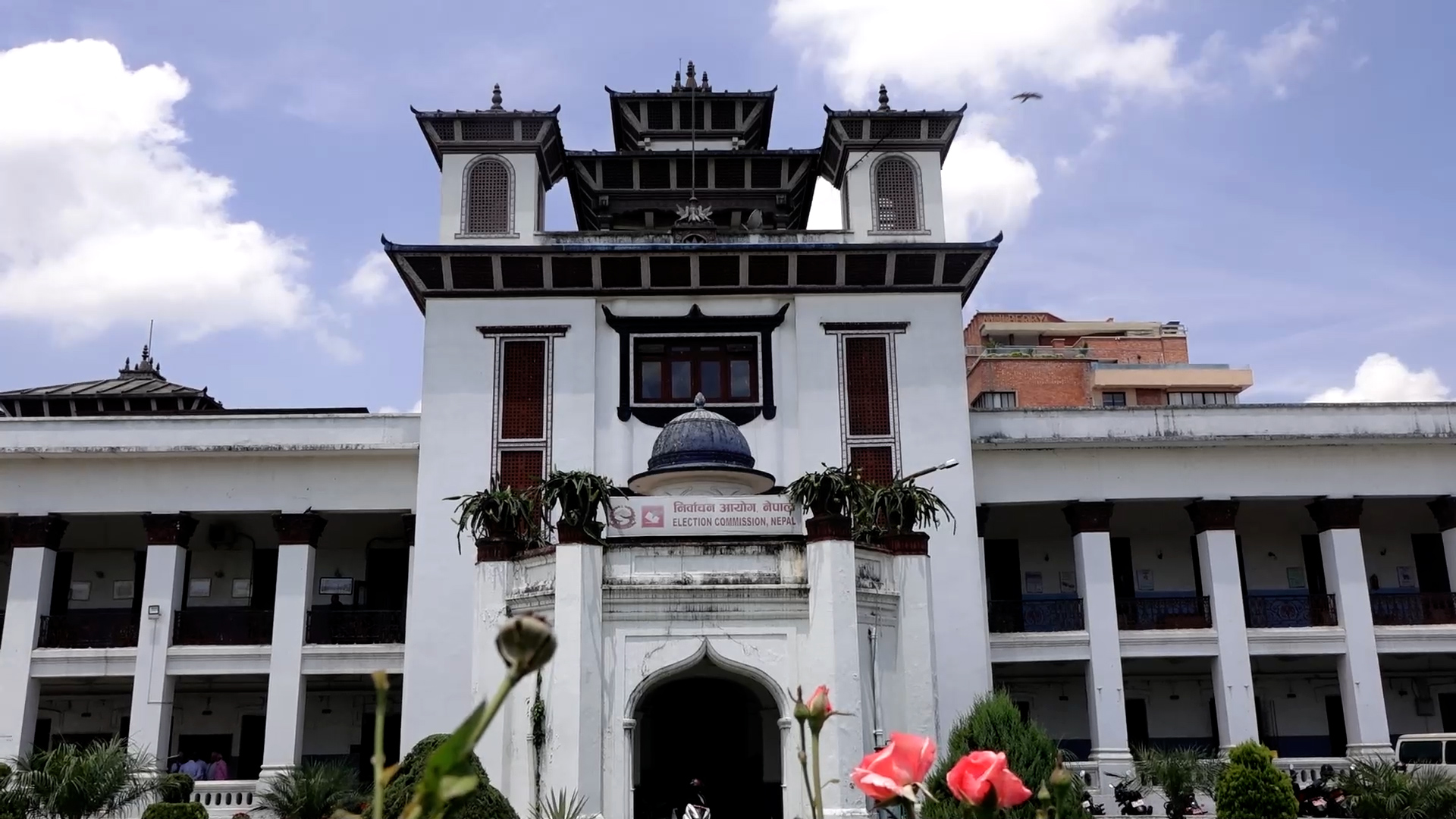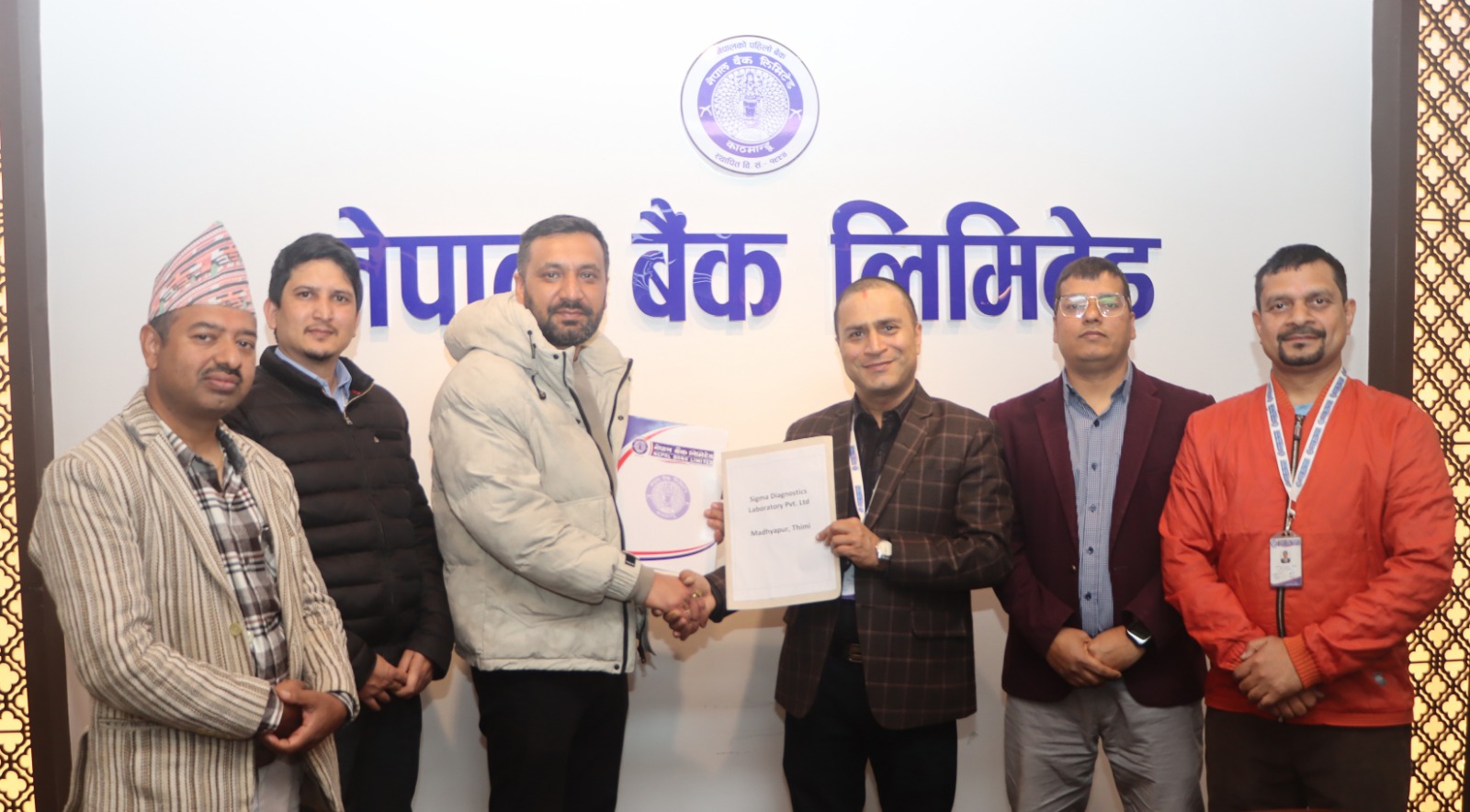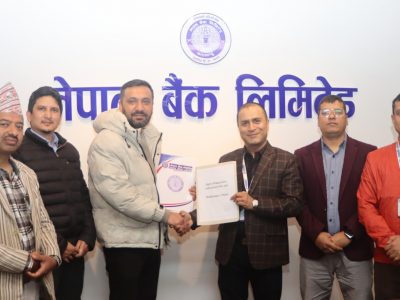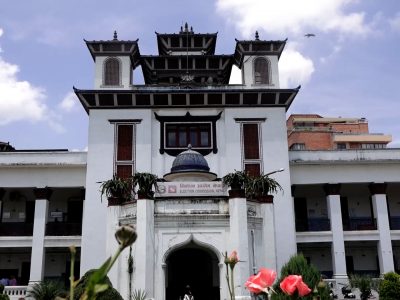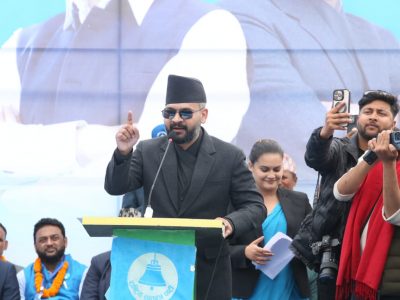Bhutanese diaspora pressurize Japan PM to snatch “Rising Sun Award” from former Home Minister Dago Tshering
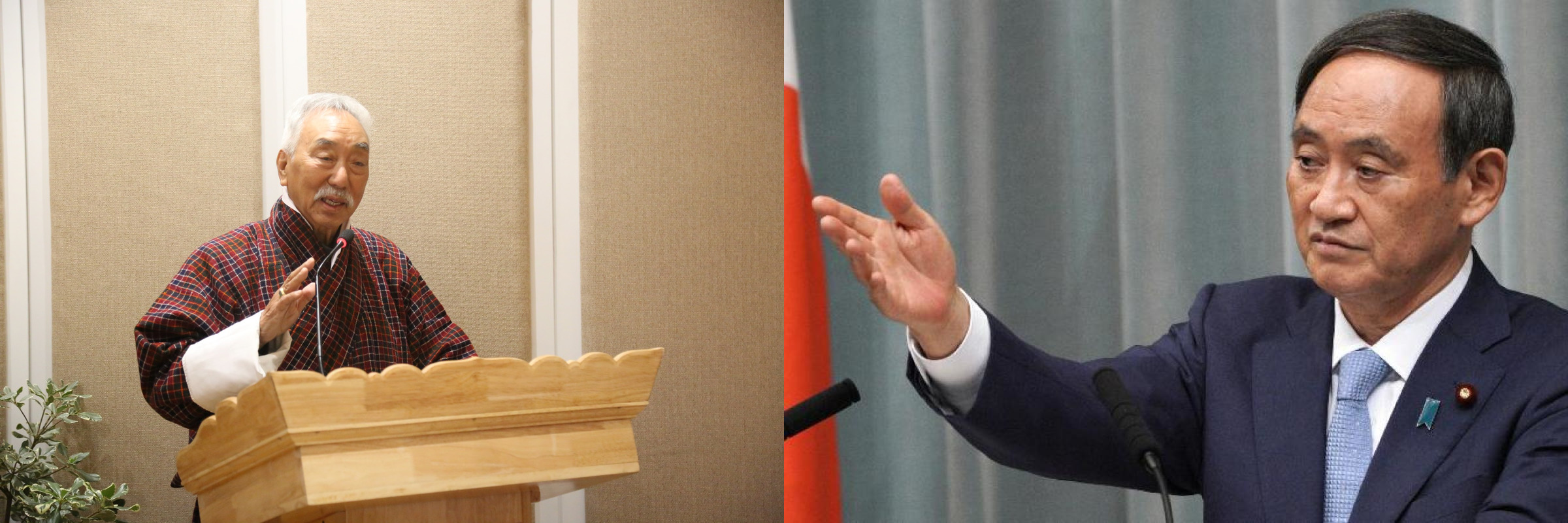
Washington, June 30. On April 29, the government of Japan announced to confer the prestigious “Order of the Rising Sun, Gold and Silver Star” award to former Home Minister of Bhutan, Dago Tshering.
According to the official announcement, Dago Tshering, who served as the Minister of Home Affairs from 1991 to 1998, was recognized for his contributions to strengthening the bilateral relations and boosting cultural exchanges between Japan and Bhutan. Tshering also served as an ambassador to Japan between 1999 and 2008.
Reacting to the announcement, Bhutanese former refugees living in the United States, Canada and all over the world began collecting signatures against the decision made by the Japanese Government. They officially tagged their move as “Japan Campaign 2021”.
On June 24, representatives from 46 Bhutanese diaspora organizations jointly issued an open letter to the Japanese Prime minister Yoshihide Suga. The organizations from six countries humbly requested the prime minister to order a review of the decision and withdraw the award from Mr. Dago Tshering.
The campaign letter writes, “We regret to state that this very gesture of goodness has unlocked deep sealed injury and trauma that many of us Bhutanese have personally undergone during the Home Minister’s tenure.”
According to the release, Dago Tshering misused/exercised enormous power to repress the people of Bhutan. On August 17, 1990, Tshering issued a directive that acted as a base for the forced expulsion of over 130,000 innocent Bhutanese citizens from their home country.
The directive denied citizenship to the citizens and their families, who were suspected of assisting the “anti-nationals”. Being based on the document, the Home Minister allowed security forces to arrest, harass, torture, rape, and kill innocent residents. Houses were set on fire, crops were destroyed, citizenship was revoked and private properties were confiscated.
The violent act of the government which peaked from 1990-1993 during the Home Minister’s tenure, still has a deep psychological effect on the mental health of the survivor refugees living in different parts of the world. “The local general practitioners and trauma specialists treating these Bhutanese PTSD patients around the globe can testify to this fact.” the letter writes.
Nepali-speaking southern Bhutanese citizens were also denied their right to be educated in their own language. Under the home minister’s watch, the Nepali language was officially removed from the schools, radio, and the National Assembly. The Hindu priests were forced to discard their religious practices. Genuine citizens were fined for not wearing national dress. “Such restrictive policies and harsh measures further exacerbated sufferings and hardship” among the people living inside the country. And, if international journalists tried to raise the issue, then they were snubbed and were curtained with false information.
Click here to read the campaign letter sent to Japan’s Prime Minister.
Facebook Comment
latest Video
Trending News
- This Week
- This Month


